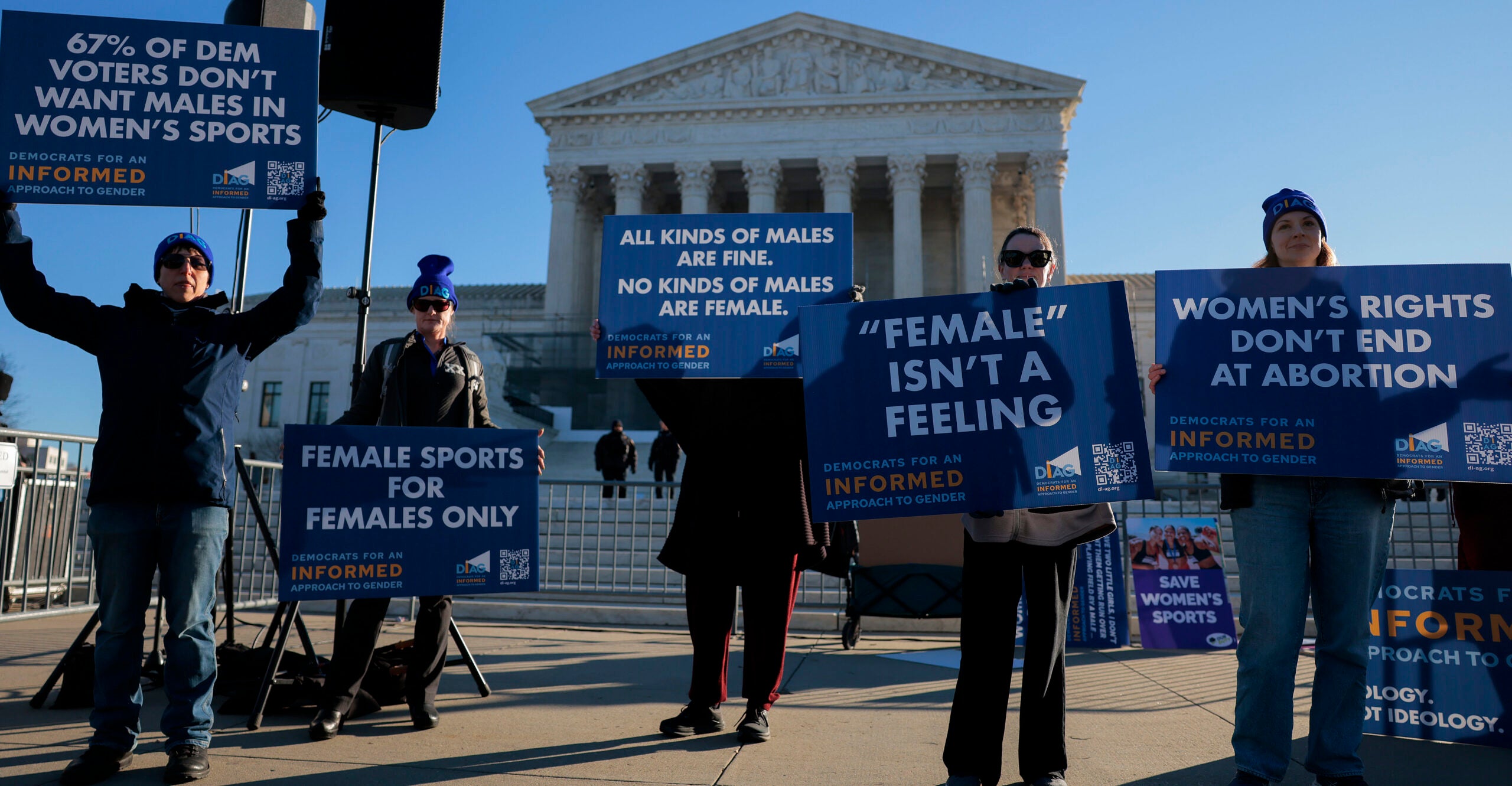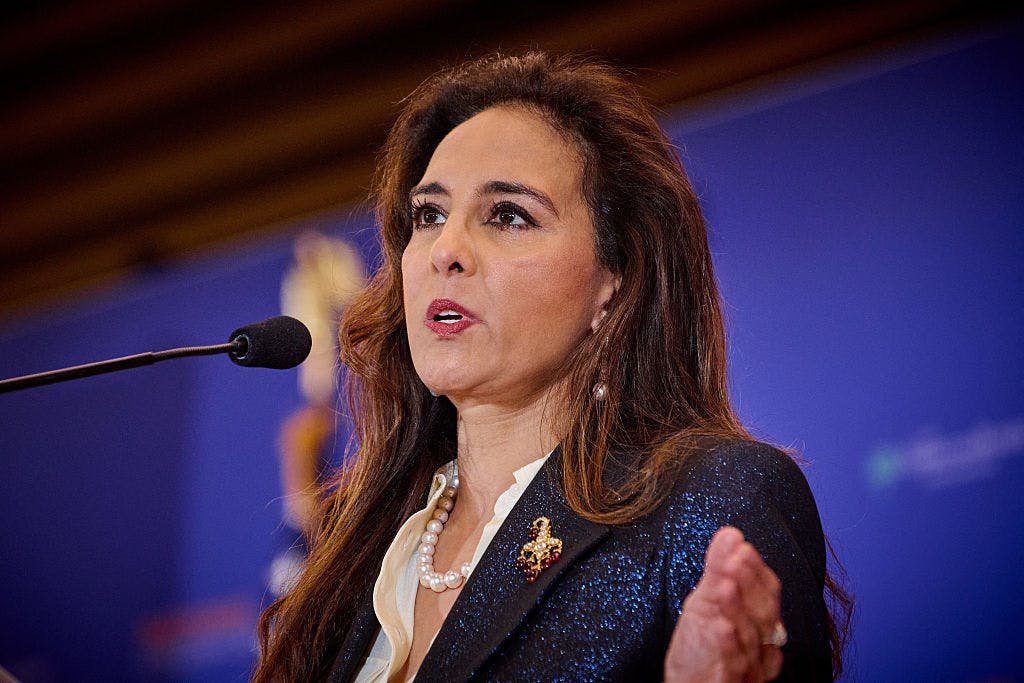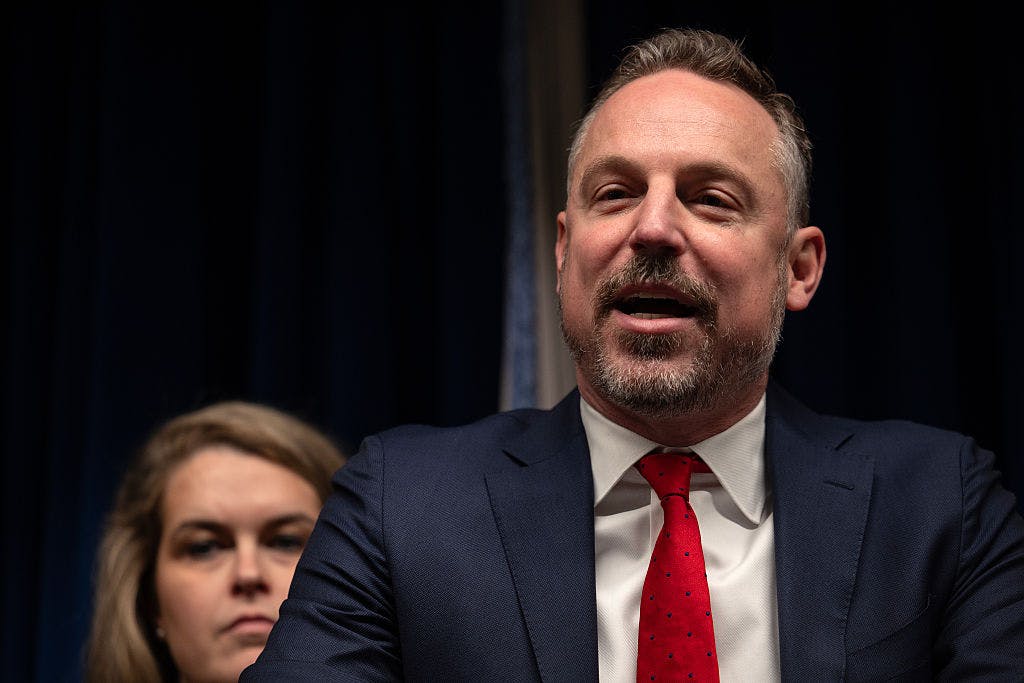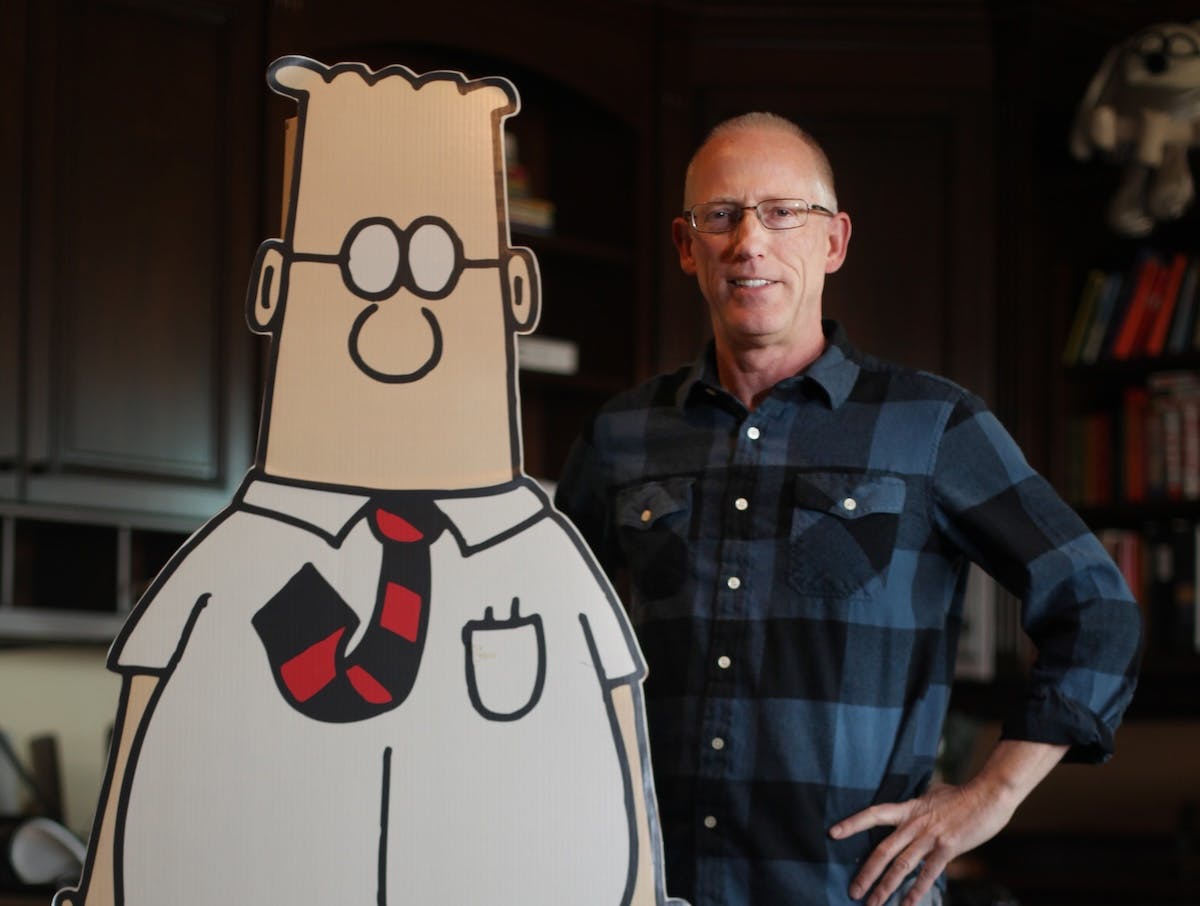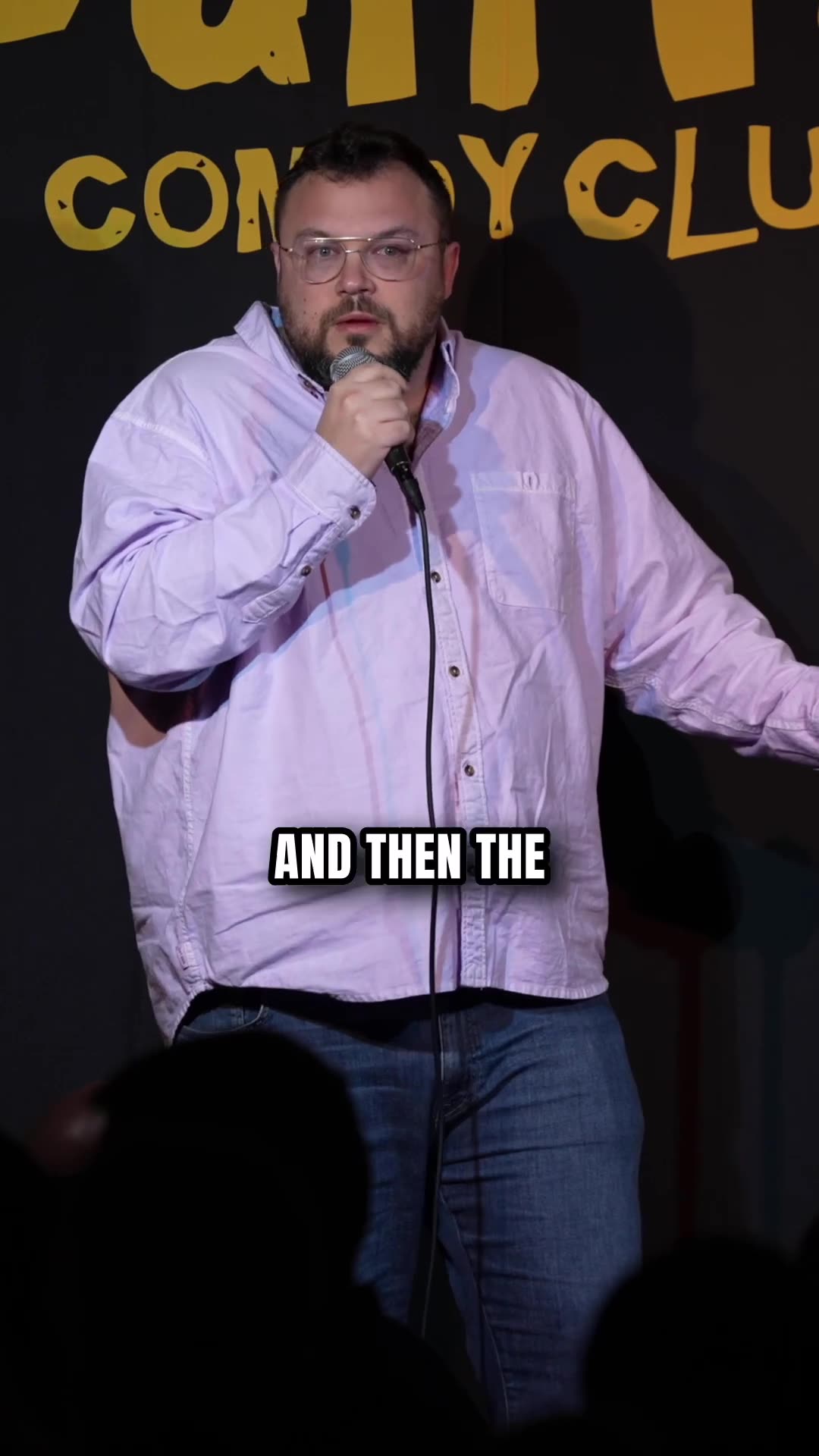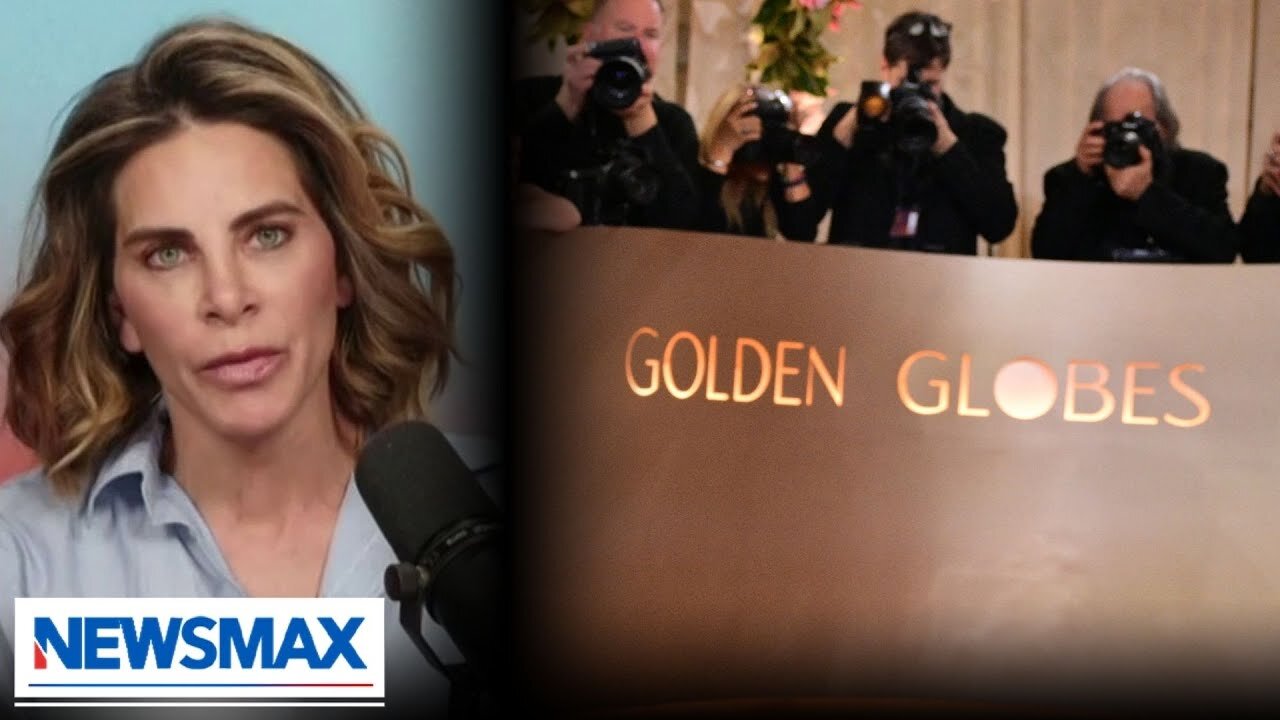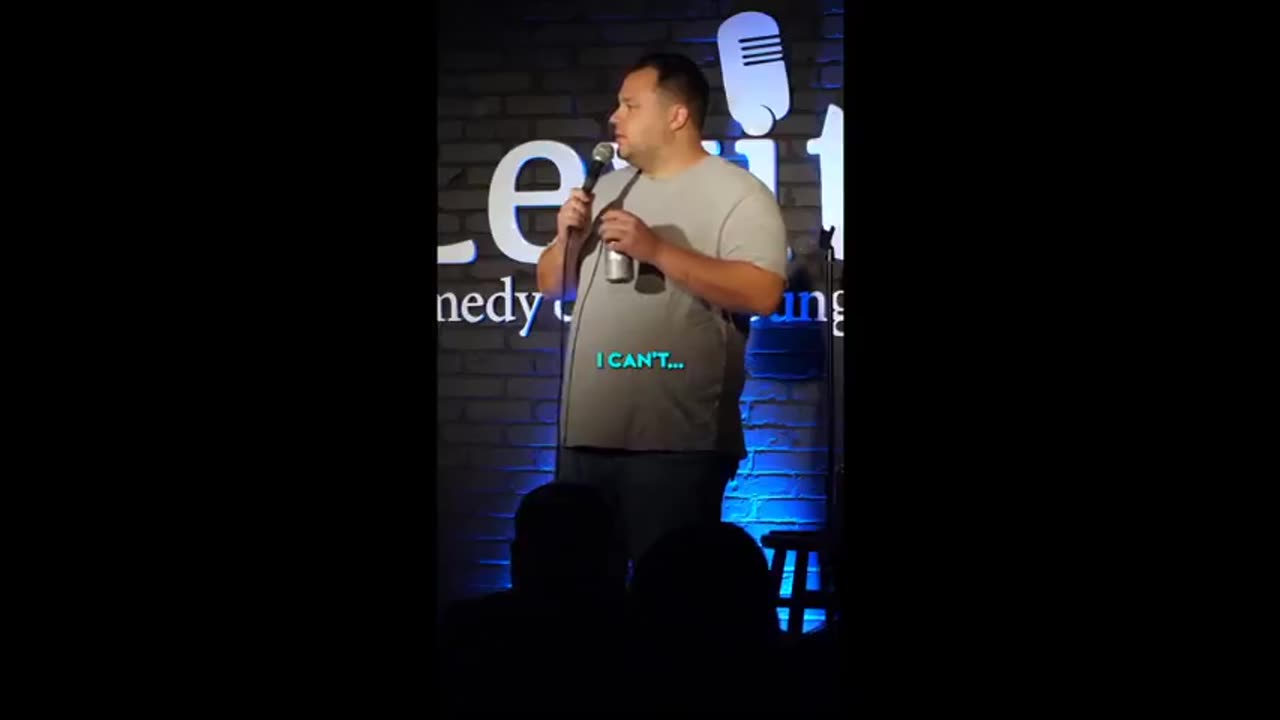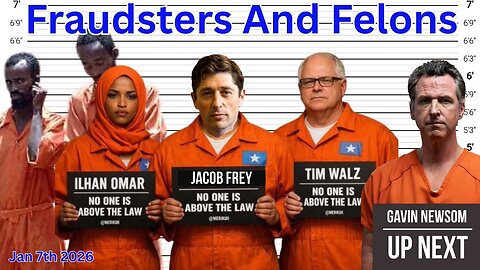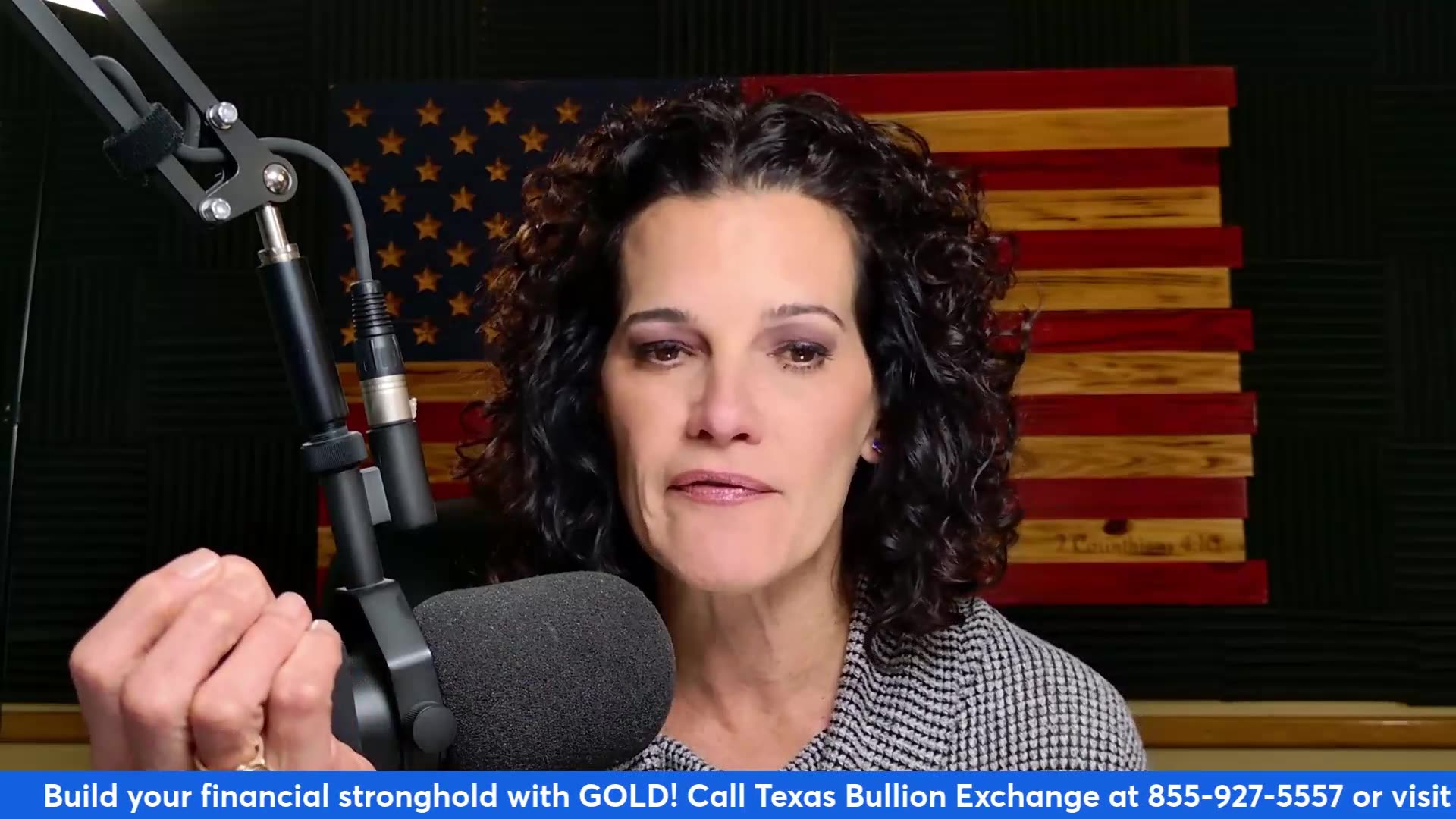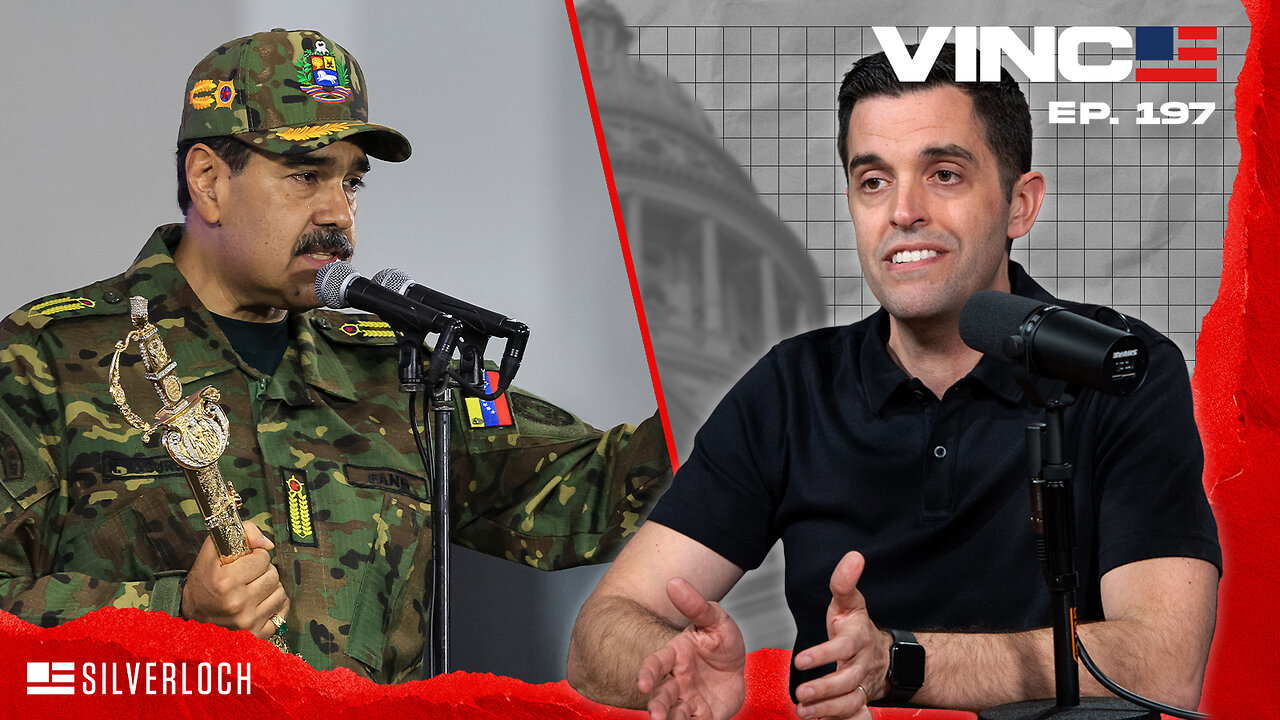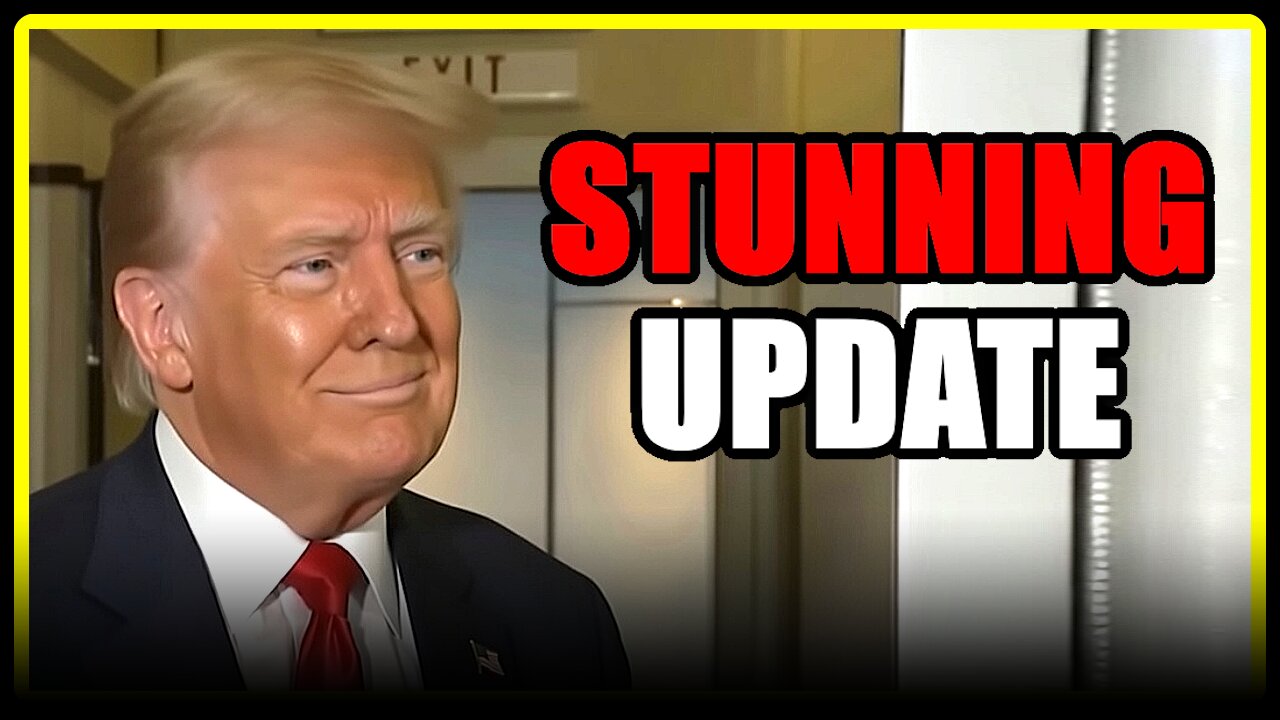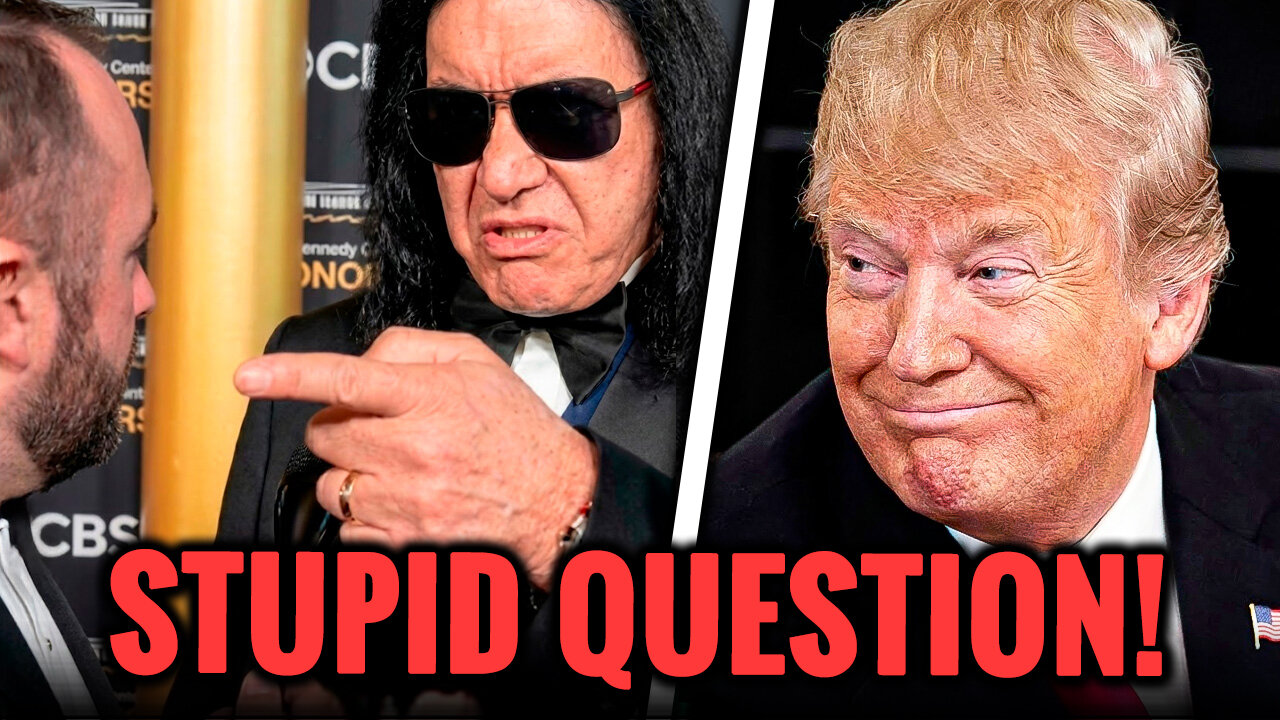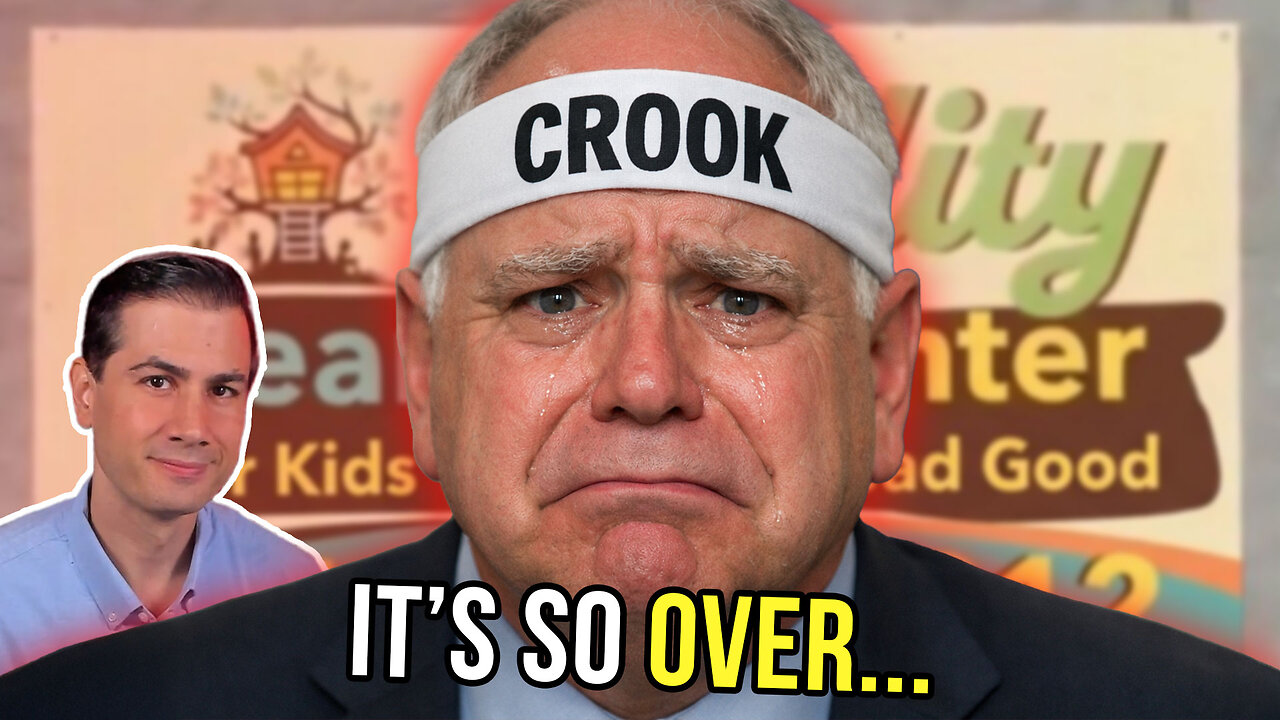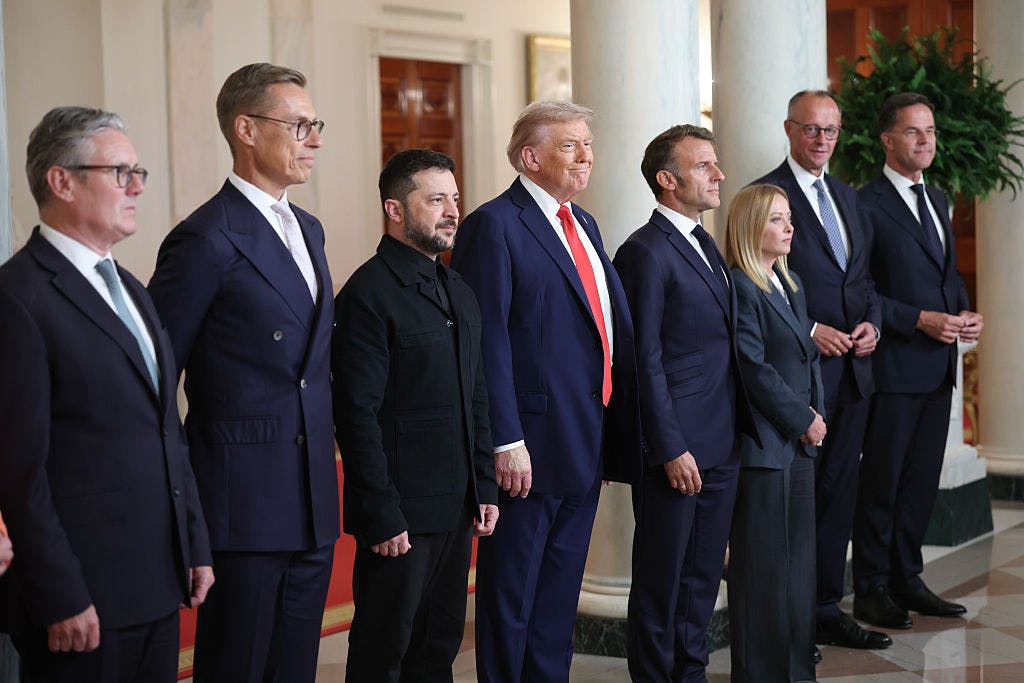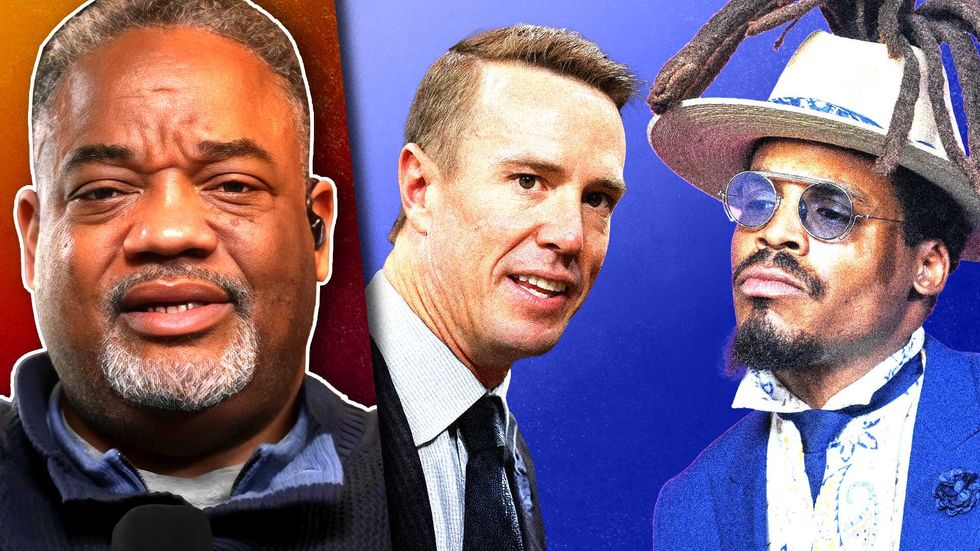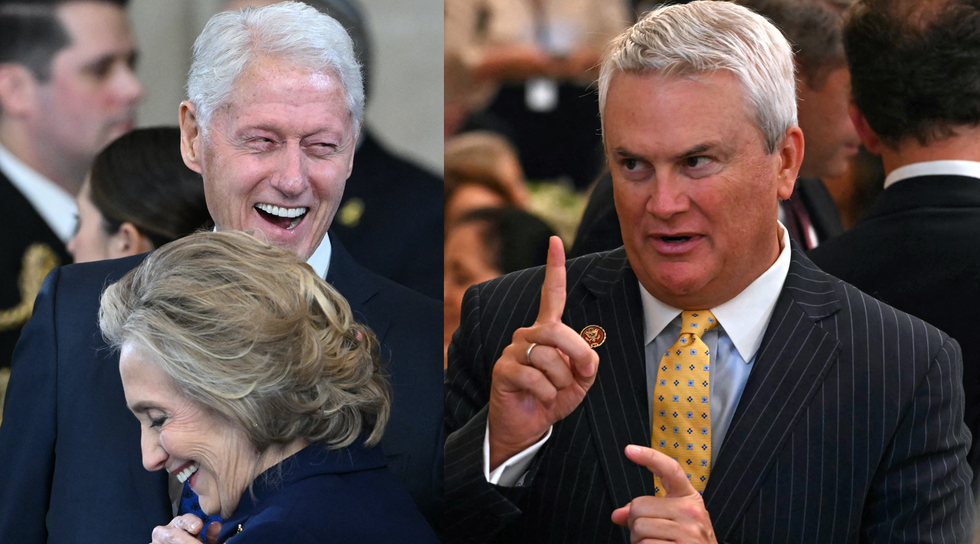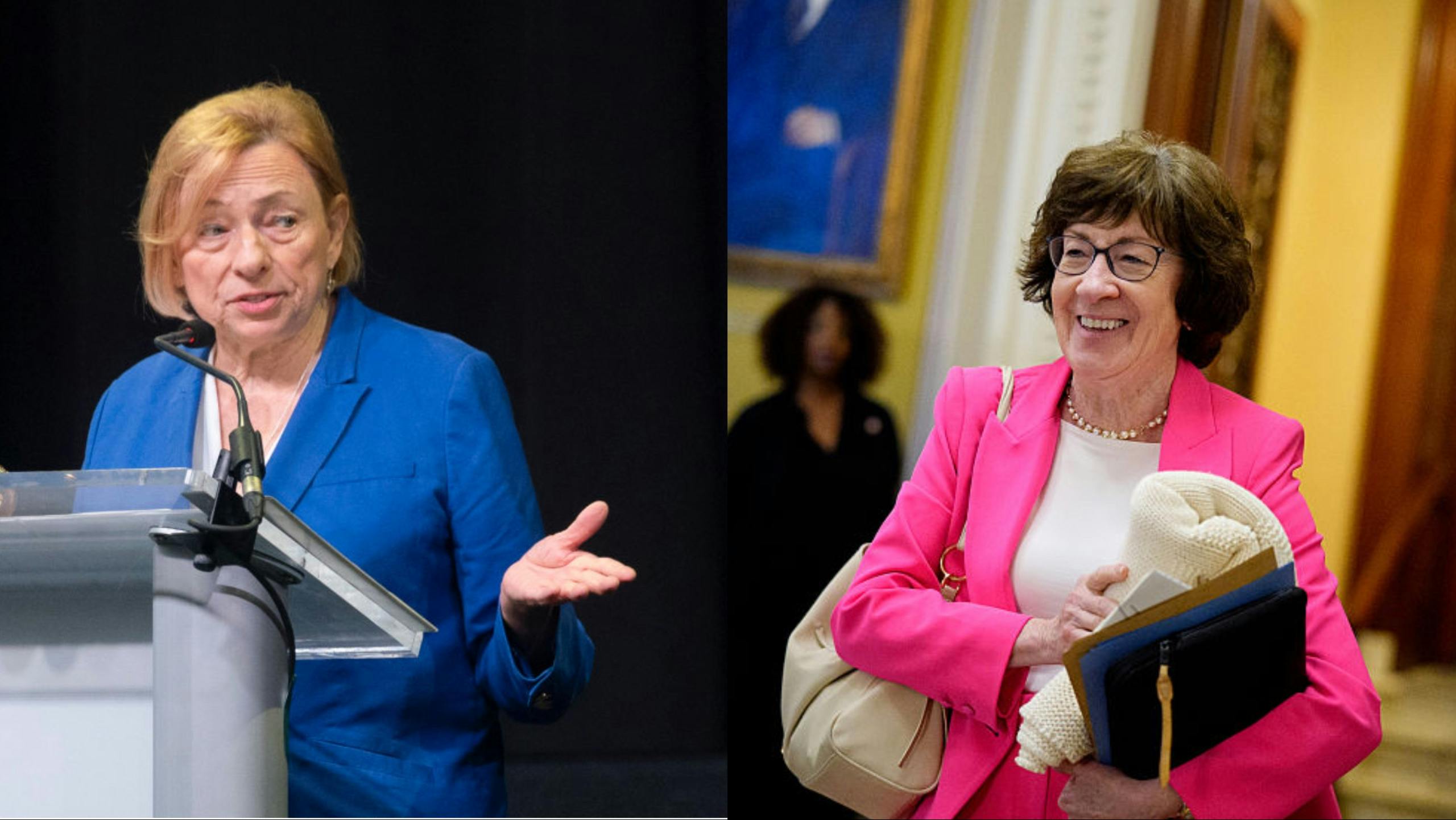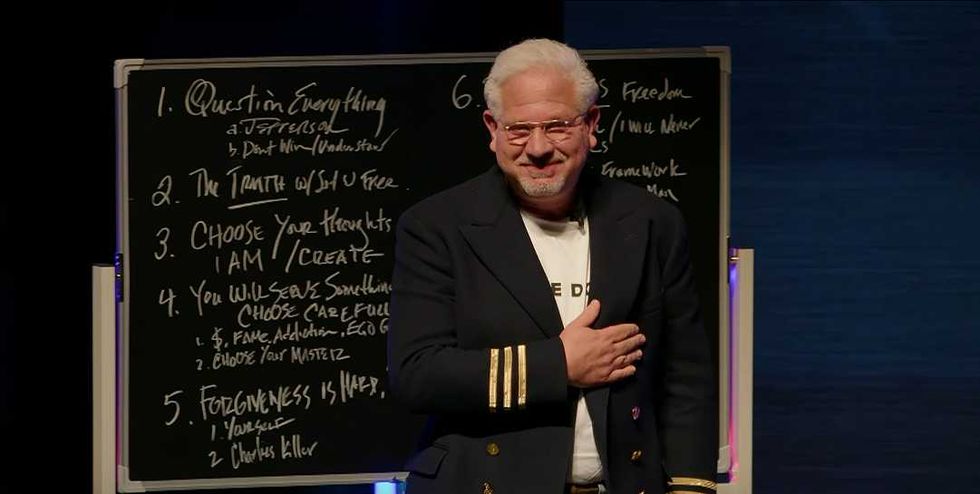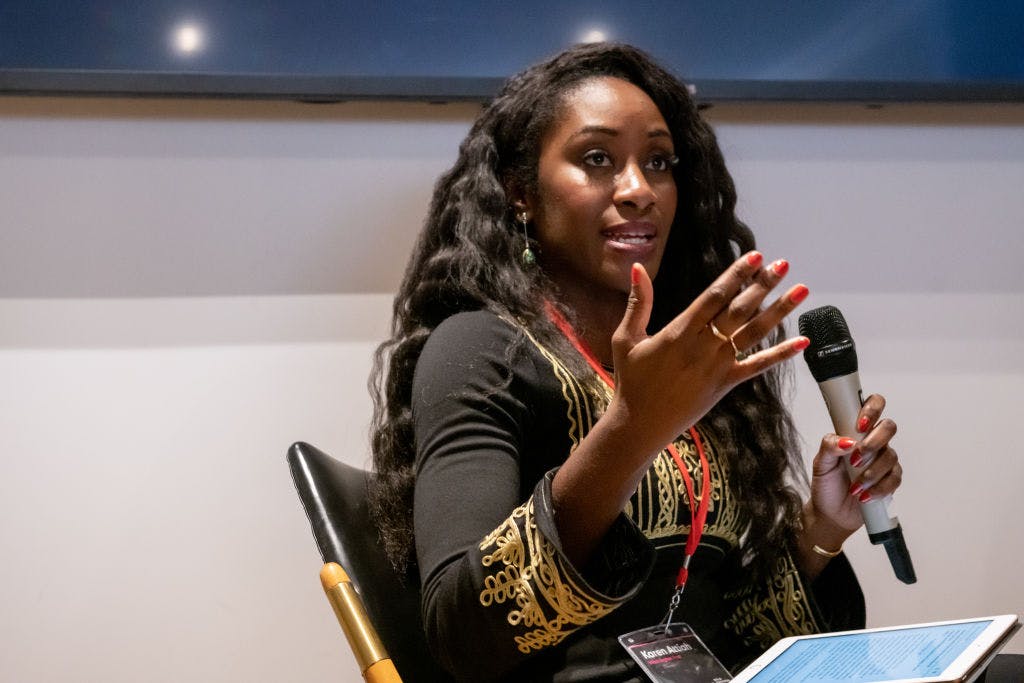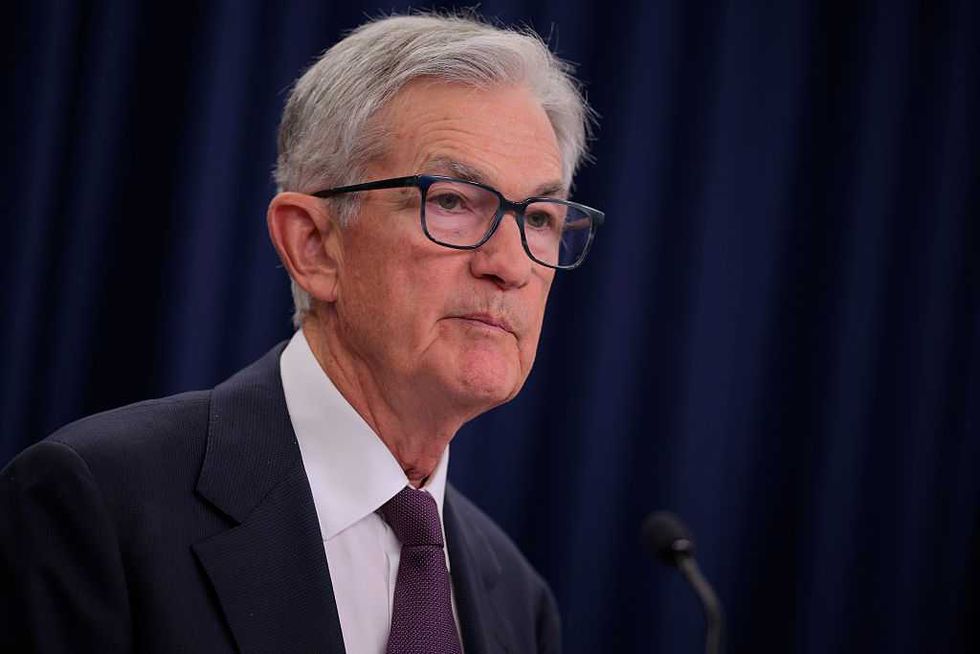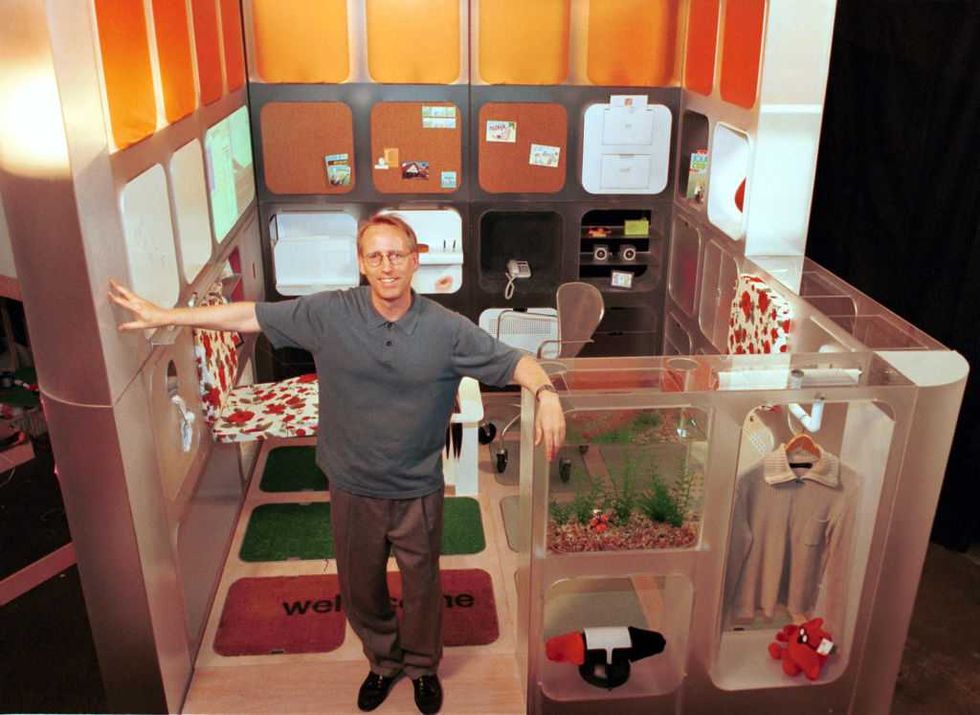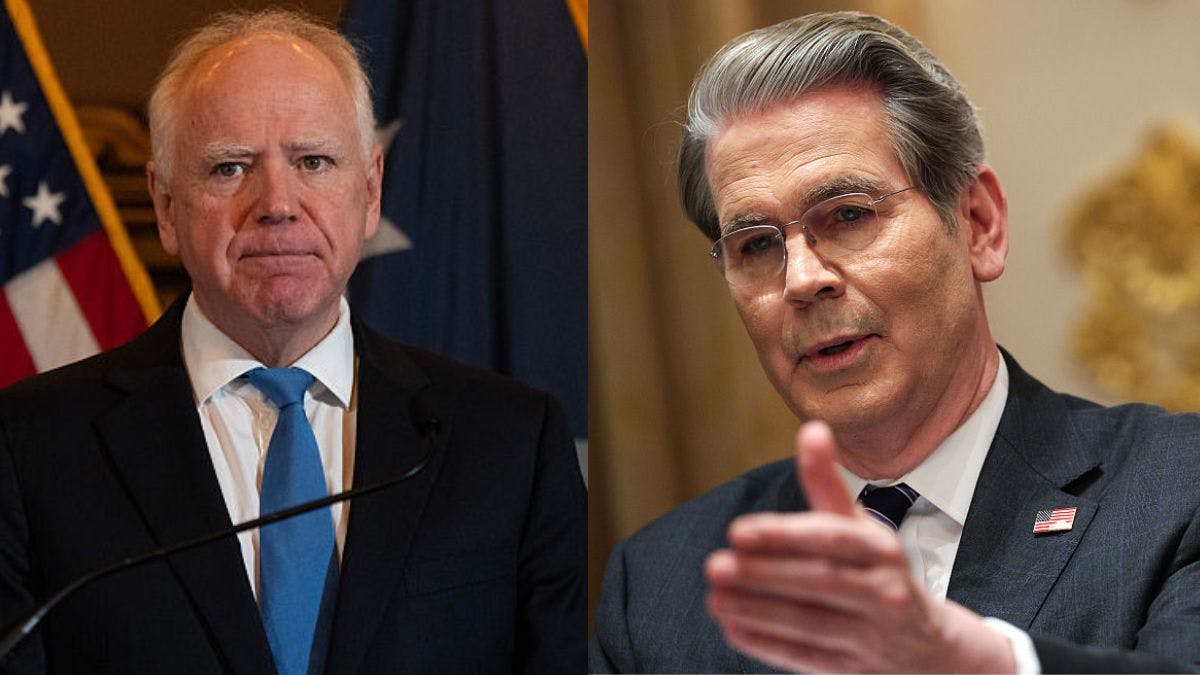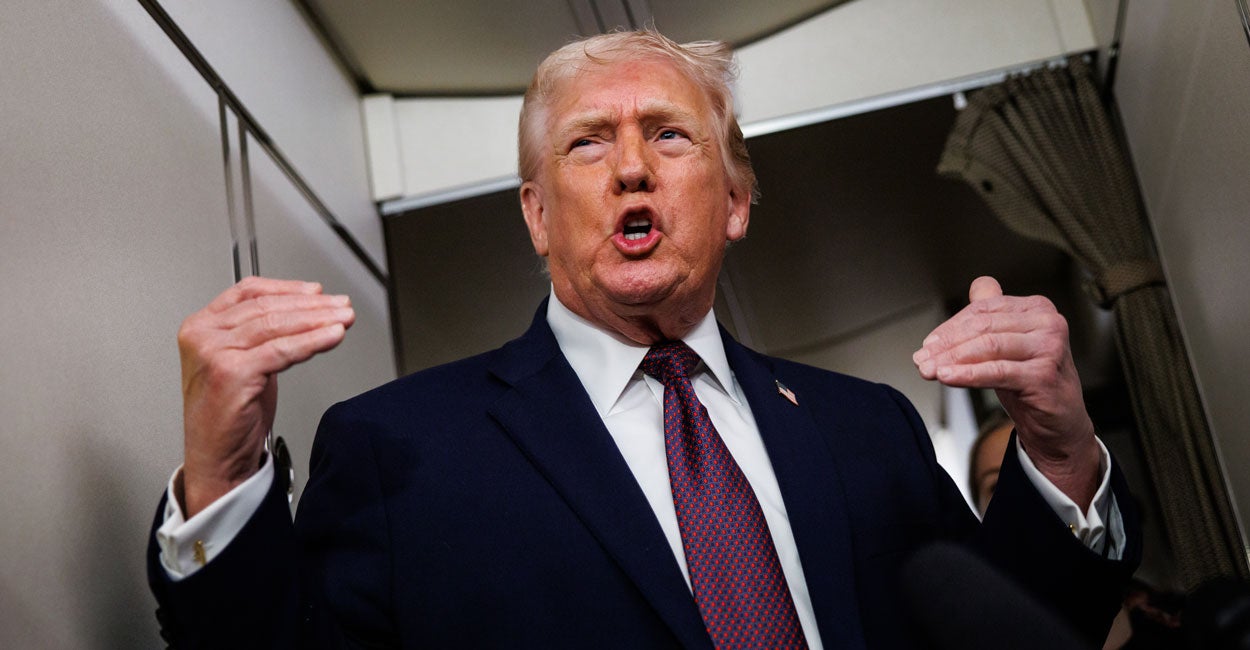A Tribute To Ed Feulner, Founding Father Of American Conservatism

The conservative movement lost one of its founding fathers this week.
Live Your Best Retirement
Fun • Funds • Fitness • Freedom
Dr. Edwin J. Feulner built the intellectual foundation upon which modern conservatism stands, and gave us the institutions — like the Heritage Foundation and the Republican Study Committee — that work tirelessly to defend it.
As the Chairman of the Republican Study Committee, I stand on the shoulders of this giant. Ed Feulner didn’t just participate in the conservative revolution — he engineered it, fundamentally transforming how conservative ideas reach the halls of power and become the policies that strengthen families and communities across America.
Ed understood something that too many in Washington forget: people are policy. This was more than just a phrase to him, it was at the center of everything he built. He knew that lasting change doesn’t come from eloquent speeches but from developing principled leaders who will fight for American values year after year.
The Republican Study Committee exists today because Ed saw what was needed before anyone else did. Working as a congressional aide in the early 1970s, he recognized that conservative members of Congress needed an organizational home. A place to develop policy, coordinate strategy, and advance the principles that make America exceptional. As the Republican Study Committee’s founder, Ed created what became the largest caucus in Congress and the intellectual engine of the House conservative movement.
His influence on the Republican Study Committee and Capitol Hill at large cannot be overstated. Every bill we produce, every strategy session we hold, and every fight we wage bears his fingerprints. The Study Committee’s current membership of 189 House Republicans stands as a testament to his vision.
But Ed’s vision reached far beyond Congress. When he founded the Heritage Foundation in 1973, he built a beacon for truth in a city too often corrupted by power. Under his leadership, Heritage rapidly evolved into the strategic braintrust that would fuel Ronald Reagan’s conservative revolution. Ed transformed how conservative ideas move from theory to reality, creating an intellectual machine that could produce policy solutions at the speed of politics rather than the pace of academia.
What made Ed truly exceptional wasn’t just his strategic brilliance. It was his unwavering optimism and absolute refusal to be discouraged. He lived by another favorite saying: “In Washington, there are no permanent victories and no permanent defeats.” This recognition that the fight for freedom requires constant vigilance drove everything he did.
Ed embodied the best of American conservatism: principled without being rigid, strategic without being calculating, and always focused on mission over personal glory. He understood that our movement wins through multiplication and addition, not division and subtraction. He brought together diverse voices around shared principles, building lasting coalitions that could govern.
The bond between the Republican Study Committee and the Heritage Foundation remains strong today because of the foundations Ed laid. Both institutions continue advancing the conservative principles he championed, working hand-in-hand to develop policy solutions and train the next generation of leaders. The Republican Study Committee’s members regularly benefit from Heritage research, just as Heritage benefits from the committee’s legislative expertise. This is precisely the kind of mutually-beneficial relationship Ed envisioned.
Even in his later years, Ed remained actively engaged in the conservative cause. His continued involvement in preparing conservative policy blueprints demonstrated that his commitment never wavered. He understood that each generation must be equipped to carry the torch of freedom forward.
The institutions Ed built will endure, but more importantly, the leaders he mentored will continue his work. From the Republican Study Committee to the Heritage Foundation, from state capitals to corporate boardrooms, the men and women Ed influenced are advancing conservative principles with the same courage and determination he modeled.
As President Reagan once stated, Ed was “a combination of many things: intellectual, administrator, politician, diplomat, but most of all, dreamer and darer.” That combination of the ability to dream big and dare to make those dreams reality is what made Ed irreplaceable to our movement.
Ed’s legacy extends far beyond any accomplishment. He was a devoted husband to his wife, Linda, and a beloved father and grandfather. In his life and work, he showed us that devotion to limited government and freedom can build institutions that outlast any single generation.
The conservative movement will honor Ed’s memory by advancing his vision with unwavering commitment to the founding ideals that make America exceptional. The Republican Study Committee will continue the work he started, developing conservative policy and leaders for generations to come.
Feulner’s work lives on in all of us who believe America’s best days lie ahead. We will continue to fight for the values he espoused and the movement he built. As he was so fond of saying:
“Onward. Always.”
Congressman August Pfluger represents Texas’s 11th district in the House of Representatives, where he chairs the Republican Study Committee.
The views expressed in this piece are those of the author and do not necessarily represent those of The Daily Wire.
Originally Published at Daily Wire, Daily Signal, or The Blaze
What's Your Reaction?
 Like
0
Like
0
 Dislike
0
Dislike
0
 Love
0
Love
0
 Funny
0
Funny
0
 Angry
0
Angry
0
 Sad
0
Sad
0
 Wow
0
Wow
0
